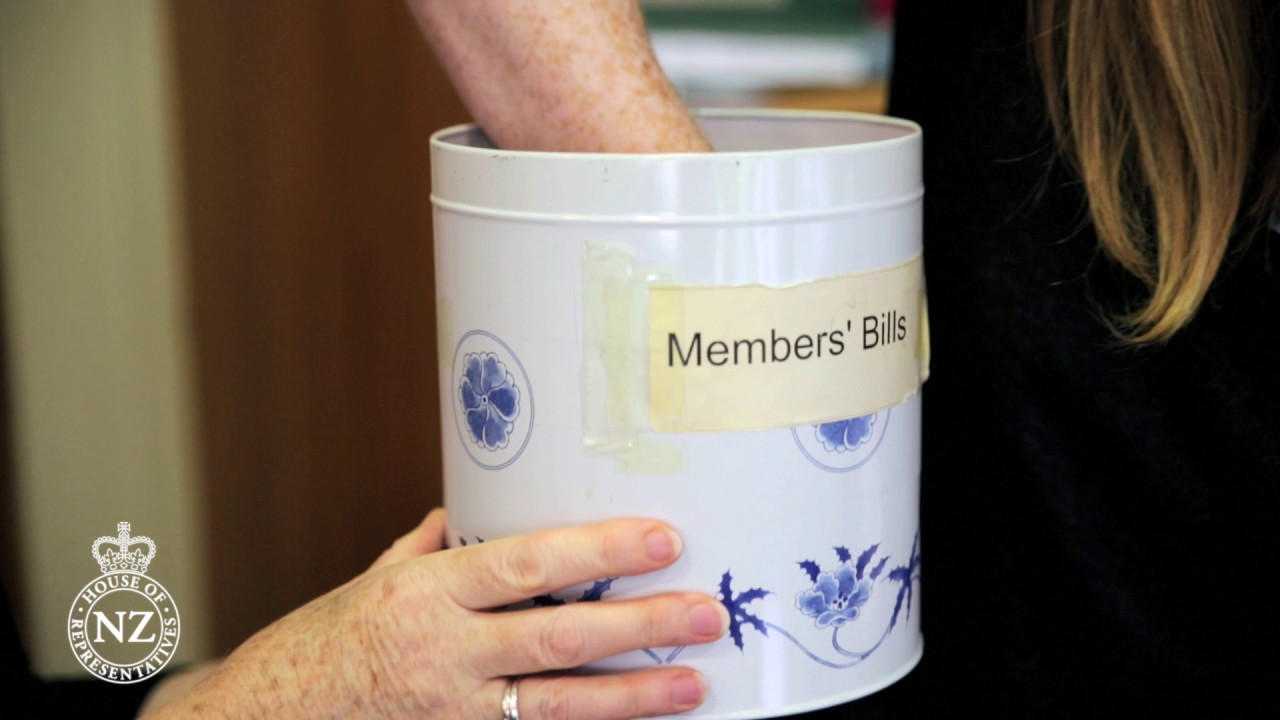Having our say on the Plain Language Bill

The Plain Language Bill starts its journey | Photo by Sulthan Auliya on Unsplash
The Plain Language Bill is being considered by the New Zealand Parliament. If the bill becomes law, it will require all government agencies to communicate in plain language.
Below you can read the submission made by the WriteMark Plain English Awards Trust to the Governance and Administration Select Committee.
The WriteMark Plain English Awards Trust advocates for the use of plain language in all documents that affect our ability to participate and function well in New Zealand society.
The Trust achieves its purpose primarily through running the annual Plain English Awards, which aim to:
- improve government and business documents so that all New Zealanders can understand them raise public awareness of the need for, and benefits of, plain language
- create a public preference for organisations that choose to communicate in plain language.
What is plain language?
Plain language (sometimes called plain English in New Zealand) is a style of writing in which the language, structure, and presentation of a document all work together to help the reader. A document written in plain language is easy to read, understand, and act on after just one reading.
30 March 2022
Governance and Administration Select Committee
Parliament Buildings
Submission in support of the Plain Language Bill
Tēnā koe
The WriteMark Plain English Awards Trust strongly supports the Plain Language Bill. This submission sets out our reasons and offers some suggestions to make the bill even more useful.
Why we support the bill
Over the past 17 years our interactions with public and private sector organisations, and members of the public, have given us an insider’s view of how language quality affects organisational outcomes and citizens’ lives. We can say unequivocally, that much public sector writing falls far short of the label ‘plain’. Many documents are unclear, lack a human-centred approach, and do not fulfil their purpose.
So, we strongly support any initiative to improve the quality of public-facing government documents. Our view is coloured by both the negatives mentioned below from the People’s Choice category and, conversely, by surveys that capture the real-world impact of excellent documents.
The public speak — evidence of harm and frustration from poorly written documents
In particular, documents and websites nominated in the People’s Choice Worst Brainstrain category emphasise the degree of harm and frustration, not to mention the waste of time and resources, created by poor writing.
A high proportion of the nominations in the Brainstrain category are complaints and concerns about communications from government agencies. They document the damage, frustration, and stress caused by unclear or misleading information, forms, and policies.
Just a few examples of government agencies ‘dobbed in’ by the public include the Reserve Bank, Inland Revenue, Commerce Commission, Ministry of Education, Department of Internal Affairs, Parliamentary Service, Earthquake Commission, and the (then State) Services Commission.
In many of the Brainstrain category nominations, we hear the real-world stories from people who were not served well by their government. They missed a deadline, couldn’t access a health service, missed out on the right benefit, underpaid tax, or didn’t apply for a government job — all because they didn’t understand, or they misunderstood. Most of these cases paint a picture of members of the public feeling vulnerable, disillusioned, and unheard.
Applying lessons from the good
Of course, the Plain English Awards are mostly about celebrating the good. We see outstanding examples of plain language every year and applaud those government agencies who write for the public with clarity and empathy. What would happen if all agencies wrote to that high standard? What if excellence were the norm?
Those agencies that write well give us a glimpse of what the Plain Language Act could achieve. Based on the outcomes noted on the entry forms of category winners, we’d see a positive transformation in writing quality inside government agencies. This shift would in turn result in a positive change in public perceptions.
In government agencies we’d see:
- significant efficiencies in producing documents, saving time and salaries
- greater ability to meet deadlines, with a better-quality result
- fewer misunderstandings
- more coherent, better planned messaging — getting it right the first time
- less time and angst answering the public’s queries because confusion has been removed
- less time editing or reworking colleagues’ documents that fall short of the basic standards of plain language
- less money being wasted on civil servants having to learn new ways of writing every time they move departments
- the likelihood that government ministers would drop their personal preferences that cost so many writers so much time.
We’d also see:
- easier working lives and greater job satisfaction for ministers and civil servants alike — this means reduced stress, fewer sick days, few resignations, and reduced likelihood of unmotivated workers
- a recognisable government style that is clear, human, and helpful.
For members of the public, we’d see:
- people feeling empowered to access the information they need
- more equitable access to information because people can find and understand the information they need
- reduced need to contact agencies to clarify information or instructions
- greater trust and confidence in government communications
- an observable humanising of tone, even in communications from regulatory agencies.
Additionally, businesses and other organisations would gain a touchstone for what good writing looks like — an impact that cannot be underestimated.
Recommendations to take the bill further
We have two recommendations to increase the impact of the bill and reduce the cost of administration across government agencies.
Include a plain language standard to clarify expectations
The Plain English Awards are based on the aspiration of writing to a high standard. Indeed, they take their name from standards-based sponsor WriteMark. Therefore, we highly recommend that the bill require government agencies to adopt a short and achievable writing standard such as the freely available and customisable Write Plain Language Standard.
We understand that this useful standard is already widely used and adapted by many New Zealand government agencies, plus a number of organisations internationally. Providing agencies with a documented standard makes expectations clear and avoids duplicate effort across the public sector.
Include consequences for non-compliance
The bill has so much potential to improve the effectiveness and reputation of government. But we are concerned that it may have much less impact if there are no meaningful consequences for failing to implement it. Our contacts in the US plain language movement tell us that the US Plain Writing Act was quite effective at first, but became much less so over time as agencies realised nothing would happen if they did not comply.
Thank you for the opportunity to comment.
Gregory Fortuin
WriteMark Plain English Awards Trust
Posted In: 2022 Plain Language Awards, Clear communication, Communications
Tags: clear communication, democracy, government communication, plain language, Plain Language Bill, writing for the public



